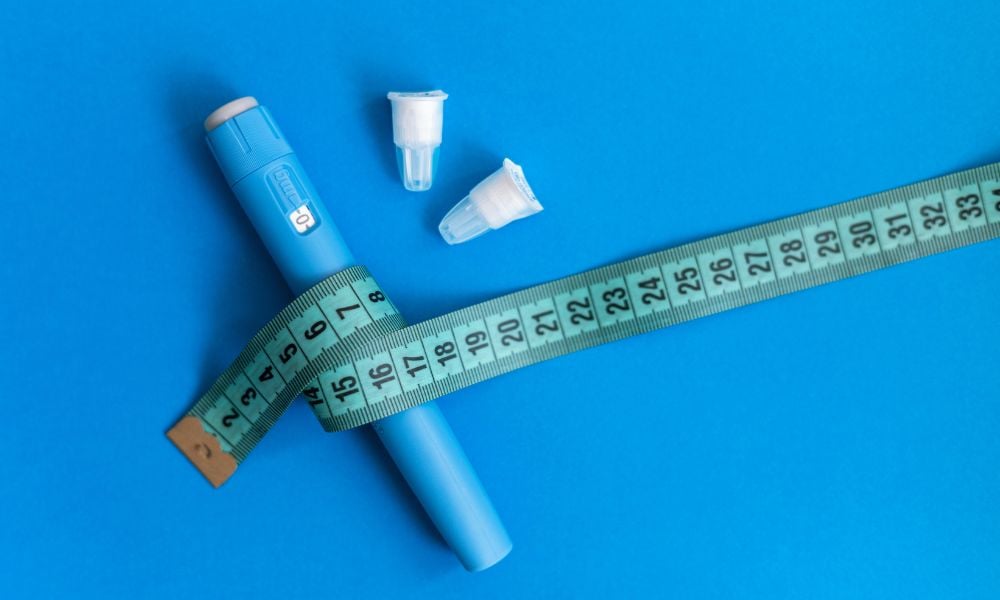Generic Ozempic and Wegovy could drop to $100 in Canada as exclusivity ends and filings proceed

As early as January, Canadian drug plans could see generic versions of semaglutide—used in Ozempic and Wegovy—enter the market at a fraction of current prices, according to CBC.
Novo Nordisk is set to lose its Canadian patent on semaglutide after failing to pay a $250 maintenance fee, reported Financial Post.
The Canadian Patent Database lists the patent as “expired and beyond the period of reversal,” with no current generic versions yet approved by Health Canada.
Indian company Dr Reddy’s Laboratories plans to launch a lower-cost version of semaglutide in 87 countries in 2025, including Canada, India, Brazil, and Turkey, as per a Reuters report citing CEO Erez Israeli.
The company has filed regulatory applications in all planned markets, Israeli said. He added that initial launches will target emerging markets, with Western markets such as the US and Europe expected to open between 2029 and 2033.
Israeli said the company expects sales in the “hundreds of millions of dollars” and plans to introduce 26 GLP-1 drugs globally over the next decade.
GLP-1 receptor agonists, such as semaglutide, regulate blood sugar and appetite and are used for both type 2 diabetes and weight management.
Other Indian pharmaceutical firms—including Cipla, Lupin, Biocon, and Sun Pharma—also plan to launch semaglutide generics, as reported by Reuters.
Dr Reddy’s announcement follows Wegovy’s launch in India and Eli Lilly’s Mounjaro debut for similar treatment use.
In Canada, the high monthly cost of branded semaglutide—approximately $400—is a barrier for many, said Sanjeev Sockalingam, Obesity Canada’s scientific director, in a CBC interview.
The introduction of generics could lower prices significantly.
Mina Tadrous, a University of Toronto researcher who studies pharmaceutical pricing, told CBC that if three manufacturers enter the market, prices could drop to below $100 per month.
He explained that prices typically fall to 75 percent of the list price with one generic, 50 percent with two, and as low as 35 percent with three or more competitors.
Once Health Canada approves biosimilar versions, they could be available within weeks since they don’t require new clinical trials, said Sockalingam.
He noted the medications would be considered “equivalent” to the originals in terms of absorption and metabolism.
Kaberi Dasgupta of McGill University said the generics will “open the door for many more people,” particularly those unable to afford current brands.
She added that in her experience in Quebec, access through public drug plans has been more consistent than through private insurance.
The Ontario Drug Benefit formulary already lists semaglutide for eligible individuals, including those over 65 and those receiving disability or social assistance.
Once generics enter the market, both public and private plans could make the switch, said Tadrous.
Harpreet Bajaj of LMC Healthcare in Brampton pointed to previous shortages of GLP-1 drugs and said the availability of biosimilars could help mitigate future supply issues.
Meanwhile, US-based Hims & Hers Health announced plans to enter the Canadian market with its own generic semaglutide product.
In a press release reported by Benefits and Pensions Monitor, CEO Andrew Dudum called Canada a “major opportunity” for more affordable care.
The company also said nearly two-thirds of Canadian adults are overweight or obese and projected that generic pricing would come in well below the branded cost.
Novo Nordisk sued Dr Reddy’s in May for alleged patent infringement, according to documents reviewed by Reuters.
While the legal challenge continues, the Indian company remains positioned to enter multiple global markets in 2025, subject to regulatory clearance and patent status.



